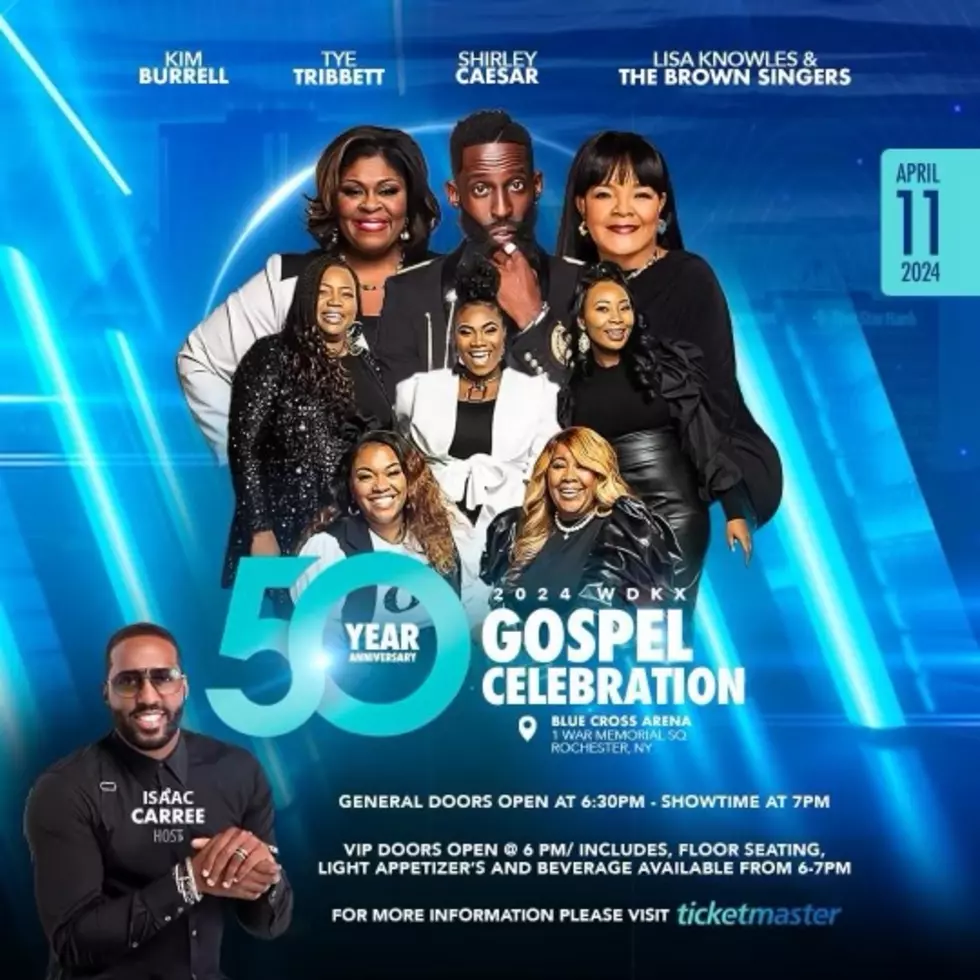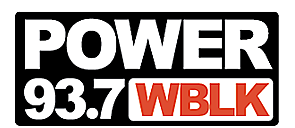
DJ Hassan’s Financially Fit Interview: Important Terms to Know While You’re House Hunting
Buying a new house can be an exciting time, but it also can be a little stressful as you're gathering financial documents and making long-term financial decisions. The more background knowledge you have about the process, the less stress you'll have and the more successful you'll be.
This week, on Financially Fit, I interviewed KeyBank Mortgage Loan Officer John Whiting about some of the key terms you'll likely encounter if you're applying for a mortgage or purchasing a house. Listen to the full conversation here:
What are some good terms to know?
A good one is credit score. Your credit score will reflect, among other factors, your payment history, your credit utilization and the length of your credit history. It is important to know your credit score and if possible, try to improve your credit score before applying for a mortgage. A higher credit score could help you get a better interest rate.
Then there's prequalification. This is the process by which a loan officer checks your credit, takes into account your stated income and assets, and estimates how much money they may be able to lend you. There's no guarantee it's the amount you'll ultimately receive but it will give you an idea of how much you may be eligible to borrow.
After determining what you can afford and finding a home that checks all the right boxes, it's time to make an offer. So what are some helpful terms there?
Escrow deposit is a good one to know, also called earnest money. An escrow deposit shows the seller you're serious about buying the home. This is usually due when you sign the sales contract but you may include it as part of your offer. This is held in an escrow account by a third party until closing, at which point, the money goes toward your closing costs and downpayment.
Private mortgage insurance is also helpful to know. You might need to pay this additional monthly payment on top of your mortgage, especially if you make a downpayment that is lower than 20 percent of the home's purchase price. This money is meant to protect your lender in case you can't pay back your loan.
What about when you're ready to close on your home?
Knowing what closing means is a good first step. Closing is the final step in the process; this is the day you sign all your final loan documents. This date is set during negotiations and is usually several weeks after your offer is accepted. Where closing takes place and who is in attendance varies based on state and local regulations.
That is extremely helpful information. If you are considering purchasing a home or refinancing your mortgage, talk with a KeyBank mortgage loan officer today about which type of mortgage might be best for you. Learn more at key.com/personal/home-loans-lines/mortgage or by calling 1-800-KEY2YOU® (539-2968).
More From 93.7 WBLK









